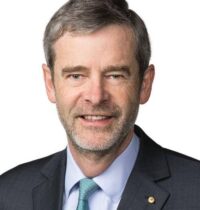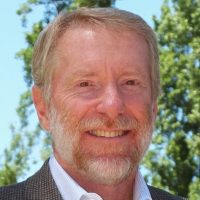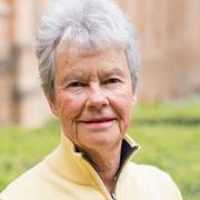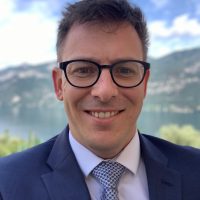Webinar hosted by ACOLA for the Learned Academy Fellows and external stakeholders on its new Australian Energy Transition Research Plan
The first of its kind, ACOLA’s Australian Energy Transition Research Plan has been developed in close consultation with the energy sector and highlights the urgent and strategic Research Priorities that need to be addressed if Australia is to successfully achieve net-zero emissions by 2050 (or earlier). The Research Plan was released recently, on 17 June.
The Research Plan notes that Australia performs well in science, engineering and technology-related energy research, and ongoing energy transition developments in these fields will be critical to reaching net-zero emissions. However, it also notes that a successful energy transition must also engage people in the context of their lives, jobs and communities. Urgent research in the humanities, arts and social sciences is needed to address these issues.
Through the Research Plan, ACOLA has called on researchers and research funders to refocus the current energy transition research agenda to:
- Direct and fund critical research gaps,
- Complement existing strengths and reduce unnecessary duplication,
- Activate research that will lead to a more sustainable, affordable, reliable, and fair future energy system.
Webinar | 9 July 2021
The recorded webinar begins with an introduction to the Research Plan by ACOLA CEO Mr Ryan Winn. Next, project Chair Mr Drew Clarke AO PSM FTSE provides an overview of the Research Plan, followed by Professor Ken Baldwin and Emeritus Professor Sue Richardson FASSA speaking further about Australia’s energy transition, and how the Research Plan can be used to support and improve strategic research over the course of the transition.
ACOLA’s Research Plan can be accessed on the ACOLA website at https://acola.org/energy-transition-research-plan/.
Acknowledgement of Country
ACOLA acknowledges all Aboriginal and Torres Strait Islander Traditional Custodians of Country and recognises their continuing connection to land, sea, culture and community. We pay our respect to the Elders both past and present.






